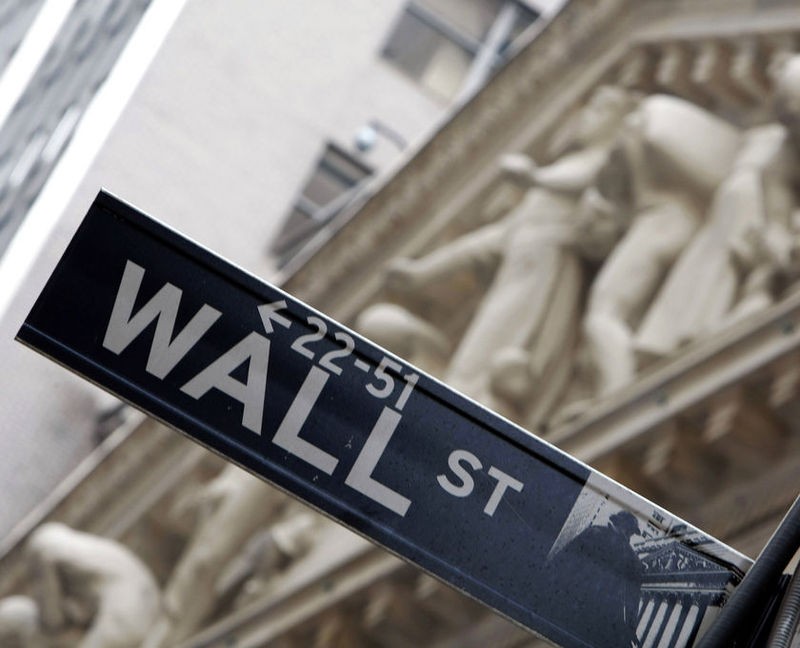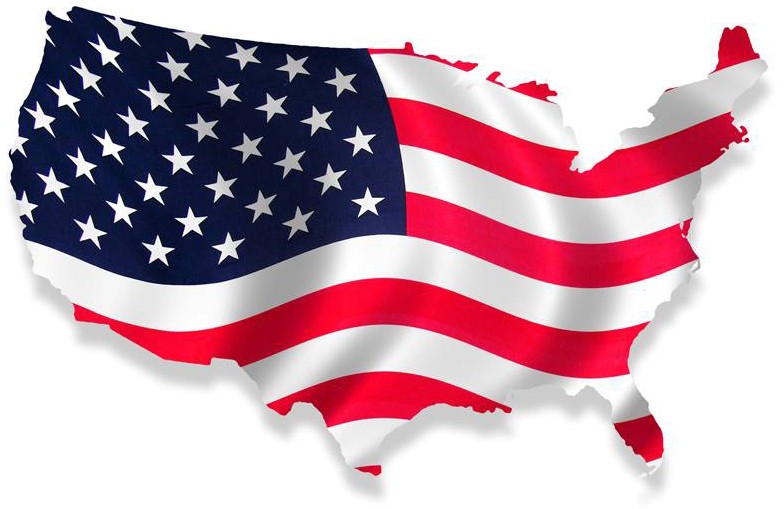US Economy
Post on: 16 Март, 2015 No Comment

Archive for the US Economy Category
Big Government is no small answer
Posted August 12, 2009
Filed under: US Economy |
Leave a comment
SO IT seems that we arent going to have a second Great Depression after all. What saved us? The answer, basically, is Big Government.
Just to be clear: The economic situation remains terrible, indeed worse than almost anyone thought possible not long ago. The United States has lost 6.7 million jobs since the recession began. Once you take into account the need to find employment for a growing working-age population, the US is probably around nine million jobs short of where it should be.
And the job market still hasnt turned around that slight dip in the measured unemployment rate last month was probably a statistical fluke. The US has not yet reached the point at which things are actually improving; for now, all we have to celebrate are indications that things are getting worse more slowly.
For all that, however, the latest flurry of economic reports suggests that the US economy has backed up several paces from the edge of the abyss.
A few months ago, the possibility of falling into the abyss seemed all too real. The financial panic late last year was as severe, in some ways, as the banking panic of the early 1930s, and for a while key economic indicators world trade, world industrial production, even stock prices were falling as fast as or faster than they did in 1929-30.
But in the 1930s, the trend lines just kept heading down. This time, the plunge appears to be ending after just one terrible year.
So what saved us from a full replay of the Great Depression? The answer, almost surely, lies in the very different role played by government.
Probably the most important aspect of the governments role in this crisis isnt what it has done, but what it hasnt done: Unlike the private sector, the federal government hasnt slashed spending as its income has fallen. (State and local governments are a different story.) Tax receipts are way down, but Social Security cheques are still going out; Medicare is still covering hospital bills; federal employees, from judges to park rangers and soldiers, are still being paid.
All of this has helped support the economy in its time of need, in a way that didnt happen back in the 1930s, when federal spending was a much smaller percentage of GDP. And yes, this means that budget deficits which are a bad thing in normal times are actually a good thing right now.
In addition to having this automatic stabilising effect, the government has stepped in to rescue the financial sector. You can argue (and I would) that the bailouts of financial firms could and should have been handled better, that taxpayers have paid too much and received too little. Yet its possible to be dissatisfied, even angry, about the way the financial bailouts have worked while acknowledging that without these bailouts, things would have been much worse.
The point is that this time, unlike in the 1930s, the government didnt take a hands-off attitude while much of the banking system collapsed. And thats another reason were not living through Great Depression II.
Last and probably least, but by no means trivial, have been the deliberate efforts of the government to pump up the economy. From the beginning, I argued that the American Recovery and Reinvestment Act aka the Barack Obama stimulus plan was too small. Nonetheless, reasonable estimates suggest that a million more Americans are working now than would have been employed without that plan a number that will grow over time and that the stimulus has played a significant role in pulling the economy out of its free fall.
All in all, then, the government has played a crucial stabilising role in this economic crisis. Former president Ronald Reagan was wrong: Sometimes the private sector is the problem, and government is the solution.
And arent you glad that right now the government is being run by people who dont hate government?
We dont know what the economic policies of a McCain-Palin administration would have been. We do know, however, what Republicans in opposition have been saying and it boils down to demanding that the government stop standing in the way of a possible depression.
Im not just talking about opposition to the stimulus. Leading Republicans want to do away with automatic stabilisers, too. Back in March, Mr John Boehner, the House Minority Leader, declared that since families were suffering, its time for government to tighten their belts and show the American people that we get it. Fortunately, his advice was ignored.
Im still very worried about the economy. Theres still, I fear, a substantial chance that unemployment will remain high for a very long time. But we appear to have averted the worst: Utter catastrophe no longer seems likely.
And Big Government, run by people who understand its virtues, is the reason why.
NEW YORK TIMES
Source: Straits Times, 12 Aug 2009
Speed of recovery in US remains uncertain
Posted August 12, 2009
Filed under: US Economy |
Leave a comment
WASHINGTON: The worst US recession since the Great Depression will probably end in the third quarter, but uncertainty exists over the speed and duration of the recovery, according to the most recent survey of private economists.
The Blue Chip Economic Indicators survey of private economists released on Monday showed about 90 per cent of the respondents surveyed believe the economic downturn will be declared to have ended this quarter.
This upbeat assessment followed recent government data showing that gross domestic product (GDP) contracted at a shallow 1 per cent rate in the second quarter after sinking 6.4 per cent in the January to March quarter.
Separately, Federal Reserve policymakers began a two-day meeting yesterday amid rising signs that the recession is receding but they are not expected to ease aggressive efforts to boost growth until recovery is well under way.
The Federal Open Market Committee (FOMC) is widely anticipated to hold unchanged its key federal funds rate at a historically low range of zero to 0.25per cent to spur lending and economic activity.
Economists said the financial markets will be closely watching the FOMCs statement accompanying its interest rate decision today for clues about the momentum of the worlds largest economy.
Recent data, including housing and key labour market indicators, have suggested a bottoming out in the recession and that the economy was close to turning the corner. The economy slipped into recession in December2007.
Debate now centres on the speed, strength and durability of the recovery, the Blue Chip survey said.
It showed that nearly two-thirds of respondents believed the economy was set for a U-shaped recovery, marked by below-trend growth in GDP before stronger growth takes hold in the second half of next year.
About 17 per cent of the respondents anticipated a V-shaped rebound, where growth pulled back to its trend rate on a sustained basis, while the same percentage fretted that a W-shaped recovery could follow, the survey showed.
In their view, GDP growth will pop higher for a quarter or two only to falter again before a lasting recovery takes hold, the survey said.

Growth in the second half was expected to garner support from a reduction in the pace of business inventory liquidation, marginal improvements in consumer spending and residential investment. The survey predicted that non-residential investment, however, would remain a drag on GDP.
Despite the improved economic picture, unemployment was expected to remain a problem, with the jobless rate predicted to peak at just over 10 per cent late this year or early next year, the survey showed. It was seen falling only slowly thereafter.
Government data on Friday showed the unemployment rate nudged down to 9.4 per cent last month from 9.5 per cent in June, but mostly because many people dropped out of the labour force.
About 70 per cent of the panellists believe the jobless rate will not dip below 7 per cent on a sustained basis until the second half of 2012 or later, the survey said.
However, job losses could fade late this year or early next year and payrolls start to expand as companies rebuild inventories, which should lengthen the work week, according to the survey.
REUTERS, AGENCE FRANCE-PRESSE
Source: Straits Times, 12 Aug 2009
Q2 GDP strongest sign yet of bottoming economy
Posted August 1, 2009
Filed under: US Economy |
Leave a comment
(Washington) THE US economy sank at a pace of just one per cent in the second quarter of the year, a new government report shows. It was a better-than-expected showing that provided the strongest signal yet that the longest recession since World War II is finally winding down.
The dip in gross domestic product (GDP) for the April-to-June period, reported by the Commerce Department yesterday, comes after the economy was in a free fall, tumbling at a 6.4 per cent pace in the first three months of this year. That was the sharpest downhill slide in nearly three decades. The economy has now contracted for a record four straight quarters, underscoring the grim toll of the recession on consumers and companies.
Many economists were predicting a slightly bigger 1.5 per cent annualised contraction in second-quarter GDP. Its the total value of all goods and services produced within the United States and is the best barometer of Americas economic health.
Less drastic spending cuts by businesses, a resumption of spending by federal and local governments and an improved trade picture were the key forces behind the better performance.
Consumers, though, pulled back a bit. Rising unemployment, shrunken nest eggs and lower home values have weighed down their spending.
An important area where businesses ended up cutting more deeply in the spring was inventories.
They slashed spending at a record pace of US$141.1 billion. There was a silver lining to that though: with inventories at rock-bottom, businesses may need to ramp up production to satisfy customer demand. That would give a boost to the economy in the current quarter.
Even if the recession ends later this year, the job market will remain weak. Companies are expected to keep cutting payroll through the rest of this year, but analysts say that monthly job losses likely will continue to narrow. AP
Source: Business Times, 1 Aug 2009














